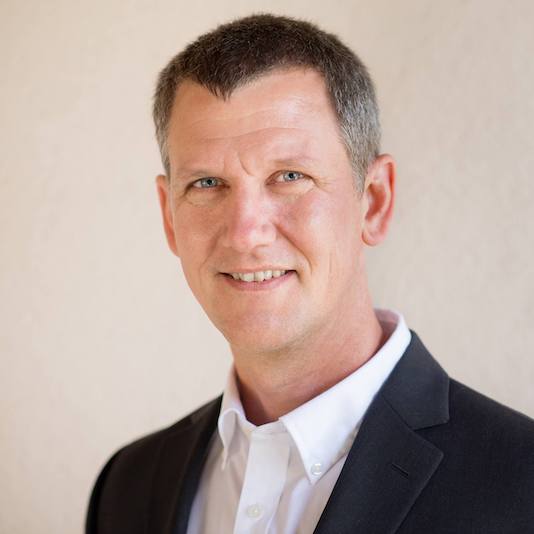Numeracy deficits in childhood have a negative impact on socioeconomic status and academic performance achieved in adulthood. We designed the NMT (Numeracy Musical Training) and carried out a study with preschool children to investigate its potential to stimulate early numerical cognition. Then, we applied the NMT in 3rd and 4th graders with low achievement in mathematics to test its effects on remediation. Contrasting pre- and post-test assessments, results from both studies indicated improvements in specific components of numerical cognition in comparison to the control group.
Instructor Tools
- Sep 26, 2021 - 4:25pmFlavia Santos
- Sep 25, 2022 - 7:00pmJennifer Mangan & David Newman (James Madison University)


- Sep 22, 2019 - 6:10pmSuzie Shrubb
A presentation to explore the use of voice in composed and improvised music to explore concepts in astronomy and particle physics. The presenter has herself composed pieces for voice that explore neutrinos and pulsars and this proposal includes presentation and exploration of these works. Additionally structures of cosmic evolution and models of particle physics provide a rich source of inspiration for creating improvised soundscapes with the voice and voices that are easily accessible.
This presentation would include the following:
- Sep 26, 2021 - 4:45pmJerry Appell (Rock In The Classroom)
Numbers Never Lie will be presented as a music video that explores how statistics can both illuminate and distort issues pertaining to politics and social justice. It is produced by Rock In The Classroom which is a nonprofit organization promoting creative arts in education programs. A draft of the video will be included through the email link on the proposal page. The song examines how statistics can be a powerful tool that can empower historically marginalized populations and bolster arguments on the need to take action on environmental issues.
- Sep 22, 2019 - 9:05pmRichard Heineman (Kutztown University)
One of the fundamental divides in musical pedagogy is whether to write original songs or parody existing songs. As a parody songwriter, I will explore the advantages of parody, which include ease of use, student familiarity, and an inherent mood that can be exploited. I will discuss my methods for maximizing these advantages.
- Sep 26, 2021 - 6:50pmTracey-Ann Palmer (University of Technology Sydney, Australia)
Songs can be effective in engaging children with science. Tweens (children aged 8 to 12) are in an important preadolescent phase where individual interests are thought to be established. This study aims to determine if songs can help teachers to engage their tween-aged students with science. A review of the songs currently available to help teachers in Australia engage tweens with science was conducted. Few songs were found that were directed at tweens and most were aimed at content knowledge rather than engagement.
- Sep 25, 2022 - 3:45pmJerry Appell (Rock in the Classroom)
Atomic Clock will be presented as a music video poster that explores the interplay between objective time set by clocks and subjective time experienced by humans. It is produced by Rock In The Classroom which is a nonprofit organization that creates topical music videos for educational purposes and general audiences. A draft of our video will be included through the email link on the proposal page. Atomic Clock examines the possibility of time as an illusory construct even as most of us do not apply this principle to our daily lives.